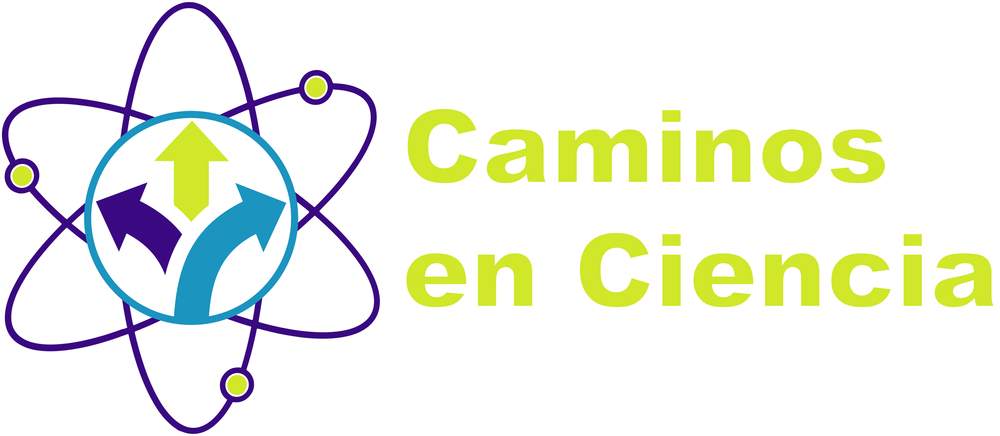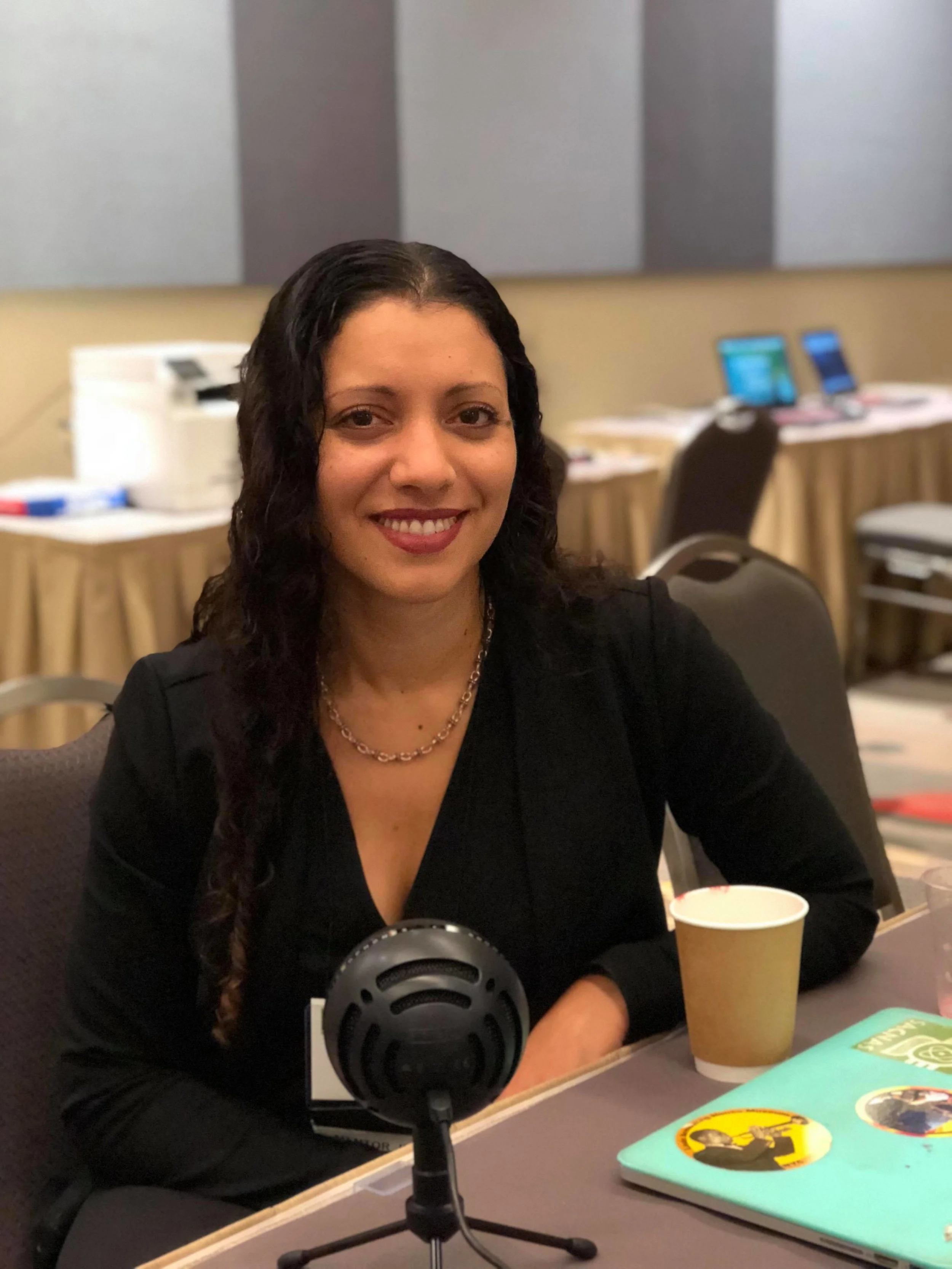Patricia Silveyra, PhD - Associate Professor, Director of the BBL, and Beerstecher-Blackwell Distinguished Term Scholar at UNC-Chapel Hill
In Season 2 - Episode 3 of “Caminos en Ciencia”, Dr. Patricia Silveyra shares her journey to becoming an independent investigator, while reflecting on her training experiences in both Argentina and the US, and also sharing advice on taking risks, learning to negotiate, and transitioning through the different stages of the scientific career.
Dr. Silveyra was born in Argentina and grew up in Buenos Aires and Bahia Blanca. Despite programs at her high school focusing on business and economics, Dr. Silveyra developed an interest in biology/biochemistry. She was very proactive in seeking opportunities within the field of biochemistry and spoke to professors and experts within the field on their past experiences and paths to their careers. While still in high school, Dr. Silveyra worked on a biotechnology project which sparked her interest to changing fields. She went on to attend Universidad de Buenos Aires, where she joined an organic chemistry lab as a biologist and worked alongside chemists, collaborating and learning from one another on the same project. Dr. Silveyra then worked in a botany laboratory at Instituto Leloir that focused on molecular biology, and her experience their led her to pursue a doctorate degree in this field, where she then joined an endocrinology laboratory studying hormones that regulated appetite. While she did not have neurobiology experience, her principal investigator encouraged her to work on a new project in the lab, using an analogy of either hopping onto a moving train or learning to build the railway, train, and understanding how it moves.
Although performing research in Argentina is difficult due to limited resources, as ordering reagents and antibodies may take over a month to arrive, Dr. Silveyra saw this as an opportunity to read and study each product she needed to order, and seek input from colleagues, allowing her to develop her thinking, planning, and experimental design skills. These were valuable skills for her during her post-doc in the US, as Dr. Silveyra thoroughly planned experiments and used more abundant resources available to her to carry out each experiment much quicker than before, also recalling that this led to her working very long hours leading to high stress and affecting her health. From this experience, Dr. Silveyra assures her students manage their time properly, helps them plan to avoid poor health, and reminds us to take care of our health throughout our careers.
Dr. Silveyra shares that while many of her friends and colleagues left Argentina throughout their PhD or after, she hadn’t thought of leaving until a friend of her encouraged her to apply to a program that allowed her to work abroad. Although there were some setbacks through the process, Dr. Silveyra saw how important her network was in finding out about opportunities such as the Rotary Ambassadorial Scholarship and fellowships for countries with limited resources, and was eventually awarded the fellowship, being one of eighteen, and moved to Pennsylvania to study respiratory physiology as a post-doc for three and a half years. She speaks about her challenges to becoming a faculty member, as she was proactive and attended a National Postdoctoral Association meeting where she worked with an attorney to obtain her green card and apply for funding. Through her perseverance, Dr. Silveyra had been an Assistant Professor at Penn State for five years, mentored various students, obtained an independent NIH K01 award, and was recently awarded an R03 award and promoted to Associate Professor. She recognized the importance of switching universities to benefit her area of research, to have more expertise and collaboration to expand her projects and ideas, and transitioned her lab to University of North Carolina in September of last year, gaining valuable negotiation skills.
Dr. Silveyra’s hard work and determination show that anything is possible when we believe in ourselves, she advises us to speak to others to learn from their paths and obstacles faced and to take risks throughout our careers. She ends by reminding us that not everything in our lives will be a straight path and that learning from errors may lead to the best lessons.
Follow Dr. Patricia Silveyra and her Lab on Twitter: @patosilveyra and @silveyralab
Check out her interview in Spanish!
Special thanks to Sophia Varriano for summarizing our interview with Dr. Silveyra!
By Sophia Varriano, PhD Candidate in Molecular, Cellular, & Developmental Biology at City University of New York.


